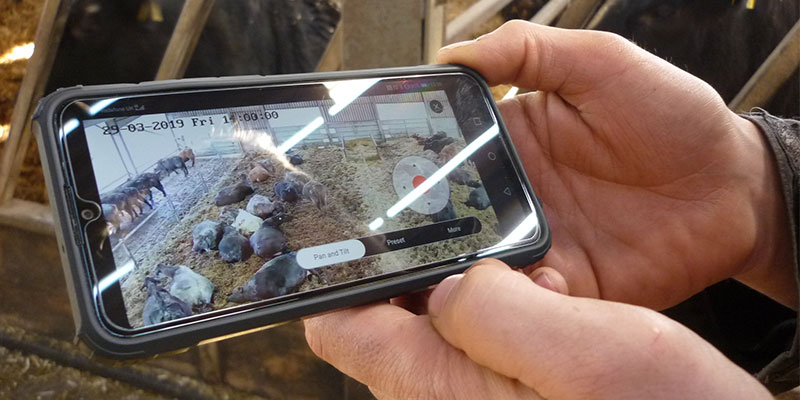
Farmer-led innovation project
The implication is that the rules, norms and methods of innovation need to shift so that diverse forms of expertise can be recognised, building new relationships, expanding problem framings and opening space for new solutions to problems of food production and the management of natural resources.
In this context, interest in farmer-led innovation has increased in the research, policy and NGO communities. As a process in which farmers work together with others, farmer-led innovation implies that multiple forms of expertise are recognised and knowledge is combined and co-developed between differently situated partners.
However, within these collaborations farmers are recognised as both the users and producers of innovations, in a process that is “democratised” relative to mainstream AST.
IKnowFood
In the IKnowFood project a structured process of engagement was deployed that consisted of a series of meetings carried out during 2017–2020.
These meetings were designed as a learning process, in which the farmers, an engineer, and wider stakeholders (when identified as needed by the participants) were able to learn together about the problems they face and potential solution pathways.
Each meeting was designed as one of a series of facilitated spaces in which the groups were brought together with the intention of enabling new understandings to emerge. Meeting design thus focused on:
- interaction - communication and exchange of information
- deliberation - allowing different viewpoints to be exchanged and reflected upon
- re-framing - opportunities to question assumptions and enrich understanding by building on others’ frames.
In the design of the group meetings, and in keeping with the ethos of democratisation of AST, innovation was understood to emerge through a change in understandings or practices that is both grounded in and gives rise to changes in relationships.
These changes create space for innovations to emerge that are responsive to context and respectful of a plurality of knowledges embedded in differing epistemological backgrounds.
Learnings
Cycles of learning emerged from the farmers’ critical reflection of their own experience of AST: this focus on the external context disrupted established patterns of thought and practice about innovation for the farmers and engineer, building a shared perception that the goals and values of innovation required reassessment.
Learning occurred iteratively rather than linearly: the farmers and engineer assessed new information and reappraised existing situations; they did so informed by and informing a shift in understanding of their goals for technology; and in so doing they relied on and developed the trust and confidence needed to acknowledge or challenge each other’s perspectives.
The co-design of new technology was thus inseparable from the emergence of shared values to guide its delivery.
